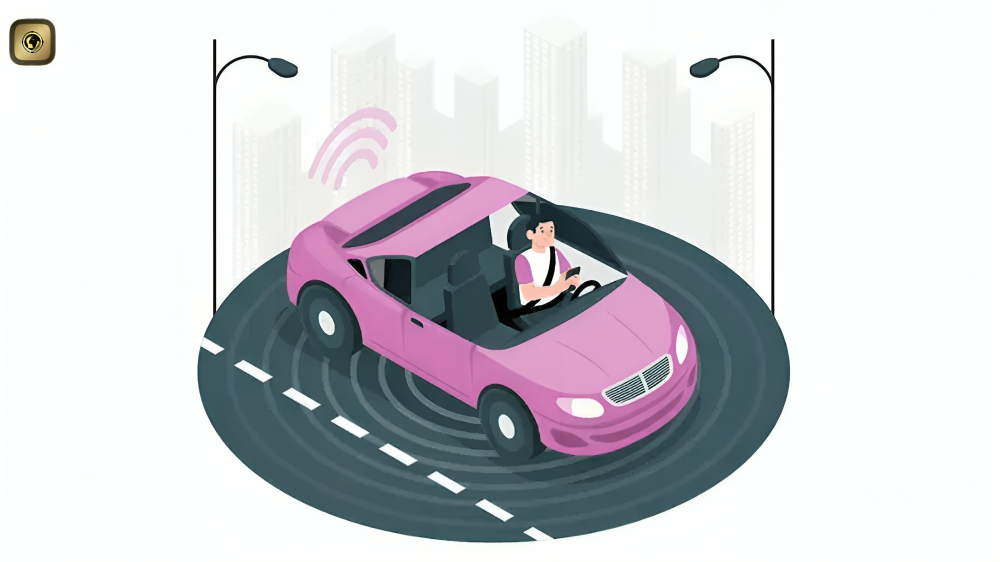March 28, 2025
- The Motor Vehicle Act experienced modifications in light of the traffic violations occurring throughout the nation. Following the revised Motor Vehicle Act of 2019, the penalties have become more severe.
- Every motor vehicle owner is required to maintain all essential documents including the motor insurance policy, driving license, and registration certificate. In this article, we will briefly examine Section 184 of the Motor Vehicle Act.
What is Section 184 of the MV Act?
- All motor vehicle operators are obligated to follow the regulations. If a motor vehicle owner is discovered not to be complying with the regulations, they will be found liable and will face substantial fines.
- The Indian government has implemented specific updates to the ‘Dangerous Driving’ section of the Motor Vehicle Act, 1988.
- Driving a vehicle over the speed limit in a manner that endangers another person’s life or induces a sense of distress or alarm among road users, passengers, and individuals close to the road will be punished for the first offense. This may also result in imprisonment for a period of no less than 06 years, which could be extended by an additional year. Moreover, the individual would incur a fine ranging from Rs 1000 to Rs 5000.
- In the case of a subsequent or second offense committed within 03 years of the previous similar violation, the imprisonment term may be prolonged up to 02 years, alongside a fine of Rs 10,000.
Major Changes that You Should Be Aware of Under Motor Section 184 of MV Act
- Monitoring legal amendments can sometimes be a challenging undertaking. Below is a summary of the significant updates in Section 184 of the MV Act:
- Anyone who engages in dangerous driving may be fined as much as Rs 5000, with possible imprisonment lasting up to a year. Previously, the penalty was Rs 1000 or imprisonment for 06 months.
According to the new legislation, individuals found guilty of the following actions will incur a fine of Rs 10,000:
- Failing to obey any stop sign
- Running a red light
- Driving while using handheld devices or mobile phones
- Improperly overtaking another vehicle
- Reckless driving
- Driving against the authorized direction of traffic
Disclaimer: For further details, please check the official website of the Ministry of Road, Transport and Highways of India.
Offences Under Section 184 of the Motor Vehicle Act
Section 184 of the Motor Vehicle Act delineates multiple dangerous driving actions that jeopardize public safety. These include:
Running a Red Light: Ignoring traffic signals can lead to serious accidents, especially at busy intersections.
Ignoring a Stop Sign: Disregarding stop signs at crucial points heightens the risk of collisions.
Distracted Driving: Utilizing mobile phones or other devices while driving diverts the driver’s attention, significantly slowing their reaction time.
Note: Although these actions are often linked to reckless driving, Section 184 specifically penalizes driving that neglects the traffic flow or traffic conditions or creates a hazard for others.
Penalties Under the Motor Vehicle Act Section 184
The sanctions for breaching Section 184 differ depending on the seriousness of the offence. Here’s a summary of the repercussions:
- For General Dangerous Driving
- Imprisonment for a maximum of 1 year
- A fine ranging from INR 1,000 – INR 5,000
- Or both imprisonment and fine
- For Repeat Offenders
- Imprisonment for a maximum of 2 years
- A fine of no more than INR 10,000
- Or both imprisonment and a fine
- Previous fines prior to the 2019 amendment were INR 1,000 for a first-time offence and INR 2,000 for those who reoffend. The law now provides for stricter penalties to deter reckless conduct on the road. It is essential to comprehend these penalties since the ramifications of dangerous driving may extend beyond fines, impacting one’s personal record, insurance, and even employment.
- Relationship Between Section 184 of the Motor Vehicle Act and Motor Insurance
Claims Denial: Drunk driving is another frequent cause for the rejection of car insurance claims. This refers to driving after consuming alcohol, which is illegal in our nation. The insurance claim will be denied if an incident occurs due to drunk driving.
Third-Party Insurance: If your driving injures another person, you may encounter legal problems, and your third-party insurance could be used to provide compensation for the victim.
Conclusion
Your safety must be your main concern. With the updated traffic laws, it is crucial to carry all necessary documents such as the motor insurance policy, driving license, etc.
In India, third-party insurance is compulsory; however, it is advisable to purchase the appropriate type of vehicle insurance policy that meets the needs. It is always preferable to be safe than regretful. The laws and regulations are established to be observed and for safety. Let’s behave responsibly and comply.
FAQs
How does the enforcement of Section 184 contribute to overall road safety?
Section 184 seeks to penalize dangerous driving practices, which aids in decreasing accidents and deaths. Strict penalties act as a deterrent, promoting safer driving habits and enhancing road safety for everyone.
What are the conditions outlined under Section 184 of the Motor Vehicles Act?
Section 184 defines penalties for dangerous driving, including actions such as running red lights, using mobile phones while driving, driving against traffic flow, and causing injury to others due to reckless driving.
Why is Section 184 of the Motor Vehicles Act significant for road safety?
Section 184 is crucial because it addresses dangerous driving practices, a significant cause of road accidents. By enforcing strict penalties, reckless behaviours are discouraged, and safer driving habits are promoted, thus ensuring protection for both the driver and others on the road.



Leave A Comment